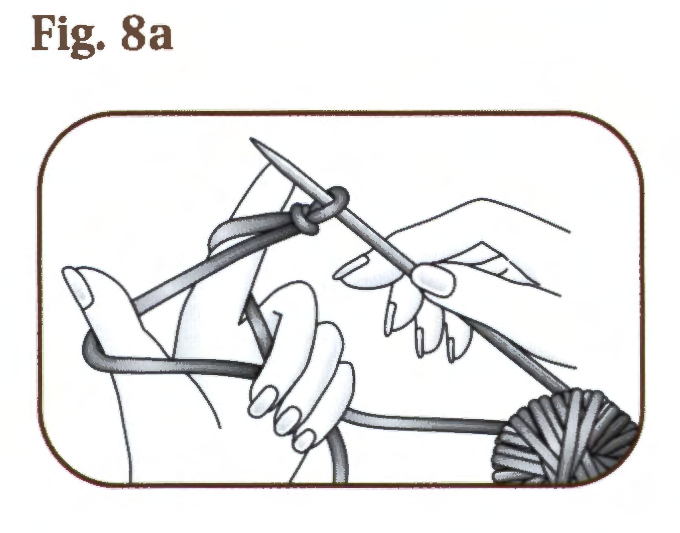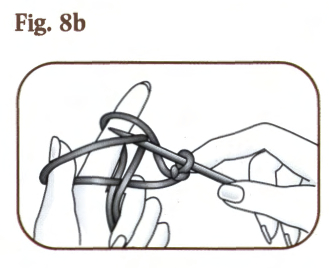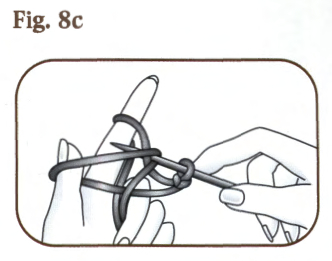[Editor’s Note: This essay resides within Anderson Blanton’s “The Materiality of Prayer,” a portal into Reverberations’ unfolding compendium of resources related to the study of prayer.]
Prayer Walk: Praying for the Heart of Hamilton
This Saturday from 12:00pm to 2:00pm, you’re invited to walk through the city to pray for renewal, reconciliation, and restoration to the glory of God. Folks will gather at Offerings Prayer Ministry on Main Street, go out in pairs or small groups to walk and pray, and then meet back up at Offerings to discuss the experience. For more details, check out the Facebook Event page.
Prayer is one of the most powerful ways we can serve our city, and it’s one of our core values. We’ve taught on prayer, its power, and specifically how you can be praying for one another, The Village, and all the people of Hamilton. If you’re available for a couple of hours on Saturday afternoon, grab a friend or group of friends and head into the city to pray for God to move among his people.
I received this invitation in March 2011, the feature in an email newsletter. The invitation’s source was The Village, an evangelical church that began in October 2009 in the small post-industrial city of Hamilton, Ohio. The Village is a theologically conservative, non-denominational congregation affiliated with the church planting network, Acts 29. In step with the majority of the nearly 400 other Acts 29 churches, The Village seeks to be “city-focused.” Elsewhere, I have explored the emerging pattern of re-urbanizing evangelicals who are moving against the grain of 20th century evangelical suburbanization. One of The Village’s founding documents was their “Vision for the City of Hamilton” statement, which includes this imperative: “Love for the City. We want the residents of Hamilton to love this city, and we want the residents of other cities to know we love the city. This means that we’ll take on the burdens of the city and work for its good, because what’s good for Hamilton is good for us.”
As the newsletter invitation suggests, one strategy for loving Hamilton and taking on its burdens is to organize regular prayer walks throughout the city. In a secular liberal frame, this might not seem like any kind of actual strategy. As Kevin O’Neill observed of neo-Pentecostal citizenship in Guatemala, disappointment lurks when secularized expectations size up religious projects. Here, what can prayer do to combat the ravages of de-industrialization and urban disinvestment? Obviously, The Village operates in a different frame, one in which prayer is transformative. But, the power attributed to prayer is not the only thing to observe. We must also account for the kind of prayer we are dealing with. Namely, walking prayer is the kind of prayer that makes little sense outside of its materiality, and exemplifies the need to theorize prayer outside of “a history of abstraction.”





